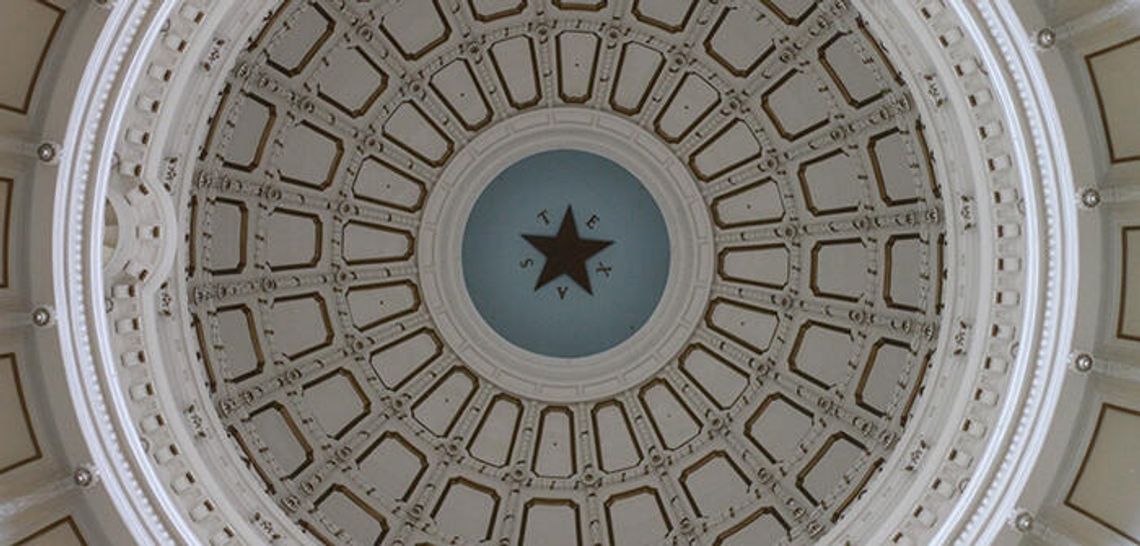Laws that will affect every Texan have gone into effect this month, with several aiming to proactively save lives.
Nearly 700 new laws tackling issues such as texting while driving, cyber bullying and school lunches went into effect Sept. 1.
However, laws regarding the ban of sanctuary cities, as well as a ban on second-term abortion procedure, known as dilation and evacuation, were blocked by judges just days before they were set to go into effect.
PLEASE LOG IN FOR PREMIUM CONTENT. Our website requires visitors to log in to view the best local news.
Not yet a subscriber? Subscribe today!











